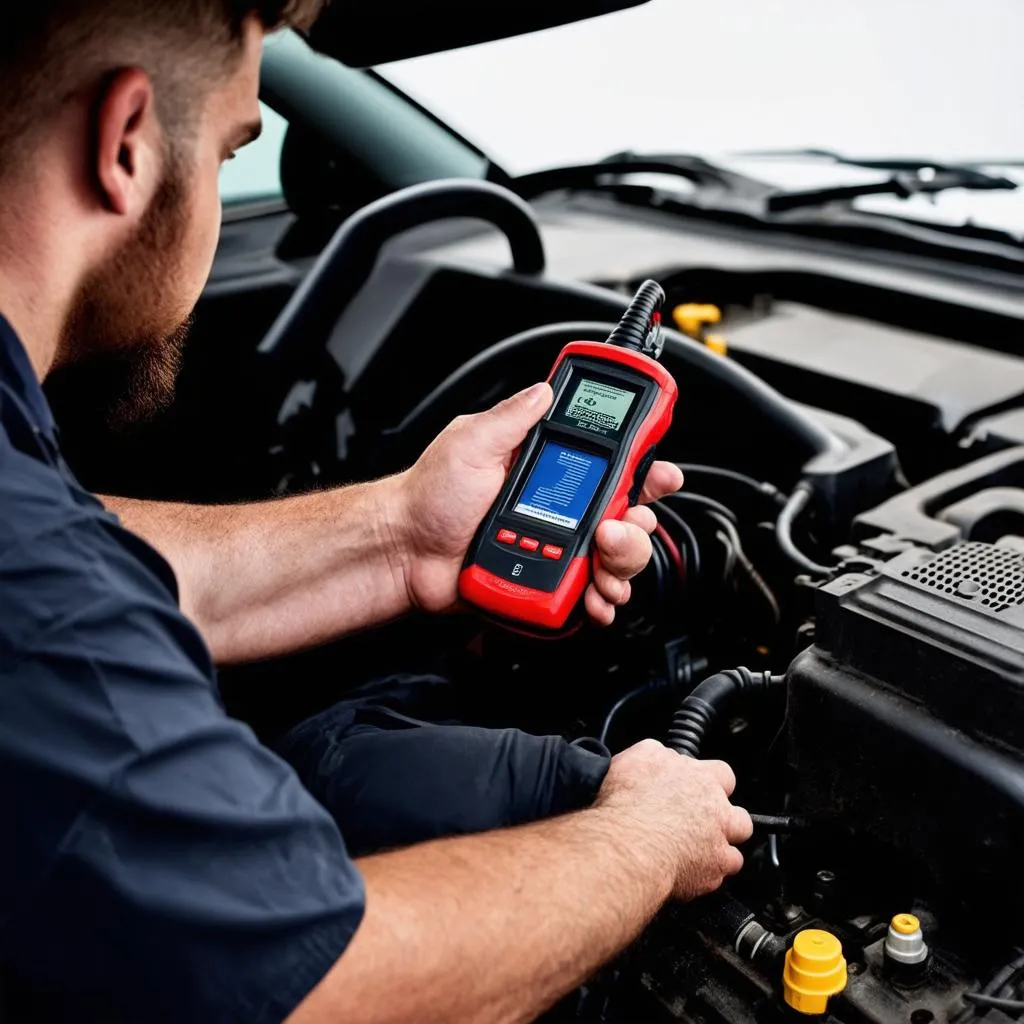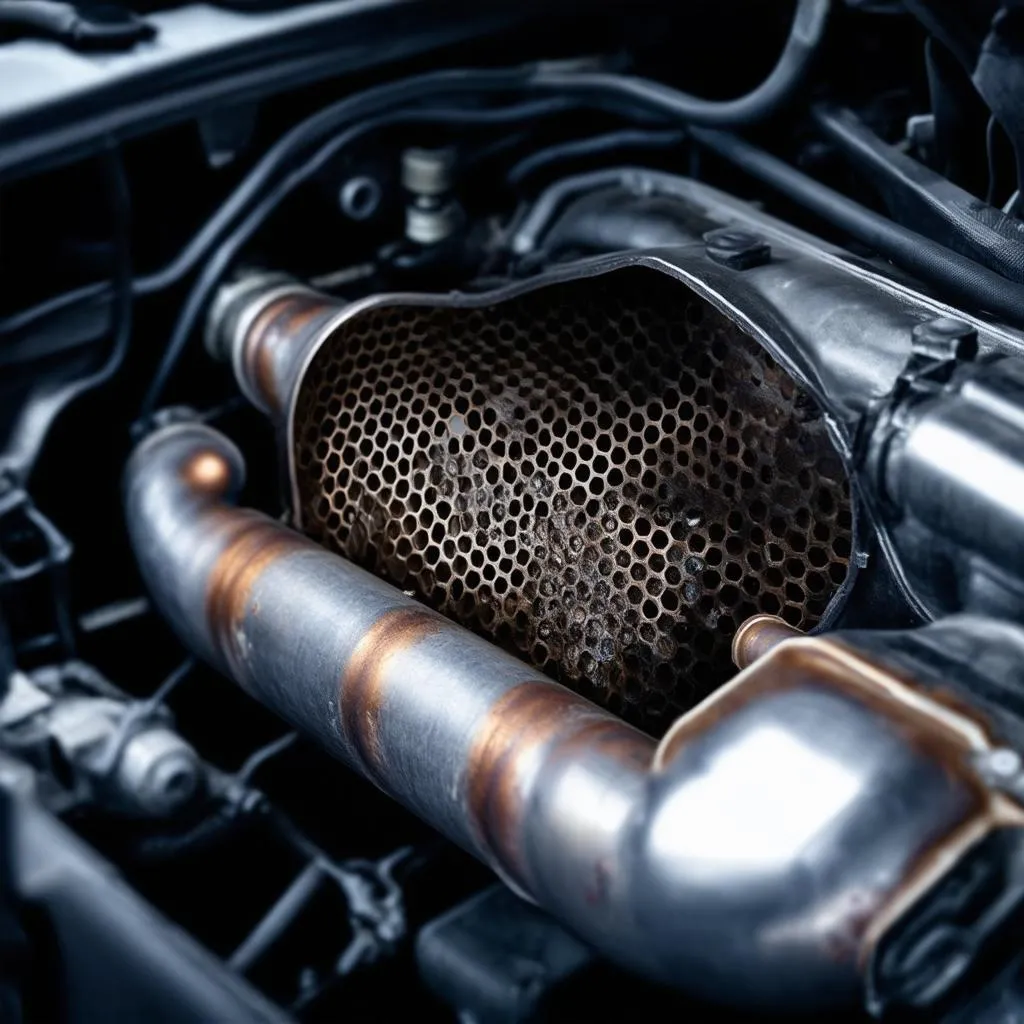Have you ever been driving down the road, your trusty steed humming along, when suddenly a yellow light on your dashboard throws a wrench in your plans? That, my friends, is the dreaded “Check Engine” light, and in the Lone Star State, it often leads to a Texas Obd Inspection.
Now, I know what you might be thinking: “OBD inspection? Sounds complicated!” But fear not, fellow Texan, because in this article, we’re going to break down everything you need to know about the Texas OBD inspection, from what it is and why we have it to how to pass with flying colors. We’ll even delve into some fascinating connections between car maintenance and the spiritual realm!
Understanding the Texas Obd Inspection
What is an OBD Inspection?
First things first, let’s demystify this “OBD” business. OBD stands for On-Board Diagnostics, and it refers to the sophisticated computer system in your vehicle. This system constantly monitors your car’s emissions, engine performance, and other vital systems, ensuring everything runs smoothly (and cleanly!).
The OBD inspection itself is a quick and painless process. A certified technician will connect a scanning tool to your car’s OBD port (usually located under the dashboard) to download and analyze the stored data. This data tells the technician if your vehicle’s emission control system is working properly.
Why Does Texas Require OBD Inspections?
Texas, along with several other states, has implemented OBD inspections as part of its commitment to cleaner air. By ensuring vehicles are running efficiently and with minimal emissions, we contribute to a healthier environment for everyone. Think of it as doing your part to keep the Texas sky big and blue!
Now, you might have heard some folks say that a clean car attracts positive energy. While there’s no scientific evidence to support this, there’s something to be said about the peace of mind that comes with knowing your vehicle is well-maintained and environmentally friendly.
Passing Your Texas Obd Inspection
Common Reasons for OBD Inspection Failure
- Loose Gas Cap: You wouldn’t believe how often a simple loose gas cap triggers the check engine light and leads to an OBD inspection failure!
- Faulty Oxygen Sensor: Oxygen sensors monitor the oxygen content in your exhaust gases, helping your car optimize fuel efficiency and minimize harmful emissions.
- Malfunctioning Catalytic Converter: The catalytic converter plays a crucial role in converting harmful pollutants into less harmful substances.
Tips to Ace Your Inspection
- Regular Maintenance: Just like we humans need regular check-ups, our cars thrive on routine maintenance. Oil changes, air filter replacements, and spark plug checks go a long way in preventing issues that can lead to OBD inspection failures.
- Address Warning Lights Promptly: Don’t ignore that check engine light! Addressing issues early on can save you time, money, and the stress of a failed inspection.
- Choose a Reputable Mechanic: When it comes to something as important as your car’s health (and your peace of mind!), always opt for a trustworthy mechanic who uses quality parts and follows proper procedures.
Beyond the Inspection: The Bigger Picture
Remember, taking care of your vehicle goes beyond just passing inspections. It’s about being a responsible car owner, minimizing your environmental impact, and ensuring your safety and the safety of others on the road.
And who knows, maybe a well-maintained car does attract some good karma along the way!
Have More Questions?
We’re here to help! Contact us on WhatsApp at +84767531508 for expert advice and assistance with all your car diagnostic needs.
 OBD Scanner
OBD Scanner
 Catalytic Converter
Catalytic Converter
Looking for more car care tips? Check out these related articles:
We hope this article has shed some light on the Texas OBD inspection and empowered you to navigate the process with confidence. Safe driving!